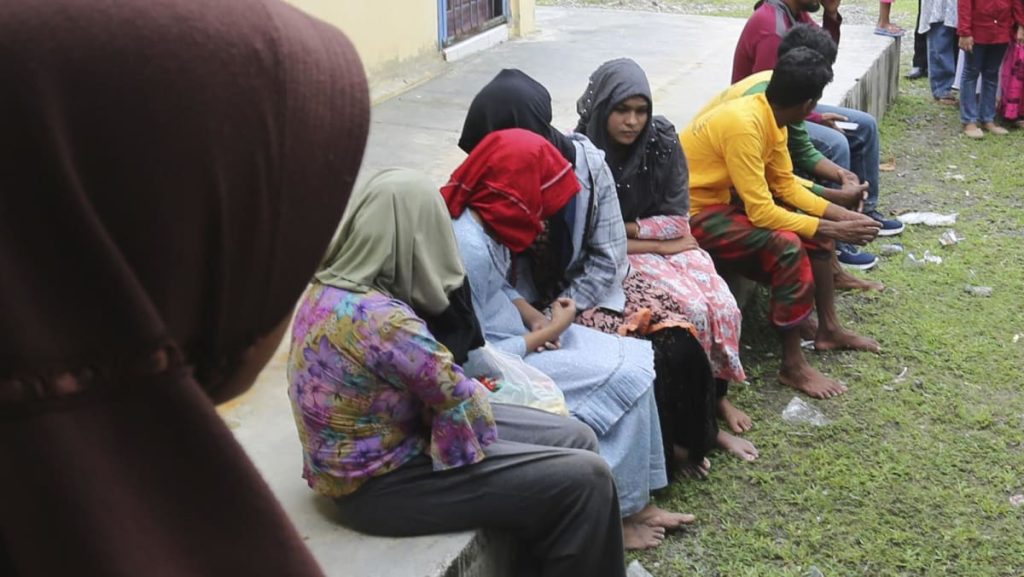s that around 26 Rohingya refugees have been rescued so far, but the total number of passengers on the boat remains uncertain. The incident highlights the ongoing humanitarian crisis facing the Rohingya community, who are fleeing persecution in Myanmar.
Indonesia has been a key destination for Rohingya refugees seeking asylum in recent years, with many making dangerous journeys by sea in overcrowded and unseaworthy boats. The Indonesian government has faced criticism for its handling of the crisis, with concerns raised about the conditions in refugee camps and the treatment of Rohingya refugees.
The Indonesian government has expressed its commitment to helping Rohingya refugees, but resources are limited and the region already hosts a large number of internally displaced people. The international community has been called upon to provide support and assistance to alleviate the suffering of Rohingya refugees in Indonesia.
Efforts are being made to improve conditions for Rohingya refugees in Indonesia, including providing access to healthcare, education, and livelihood opportunities. However, more needs to be done to address the root causes of the crisis and ensure the safety and well-being of Rohingya refugees in the long term.
The capsizing of the boat in Aceh is a tragic reminder of the risks faced by Rohingya refugees as they attempt to flee persecution and seek safety in other countries. It underscores the need for coordinated efforts at the regional and international levels to address the root causes of the crisis and ensure the protection of vulnerable populations.
The plight of Rohingya refugees in Indonesia is a pressing humanitarian issue that requires urgent attention and action from the international community. The rescue efforts by Indonesian fishermen are commendable, but more needs to be done to provide sustainable solutions for Rohingya refugees and prevent further tragedies at sea.


